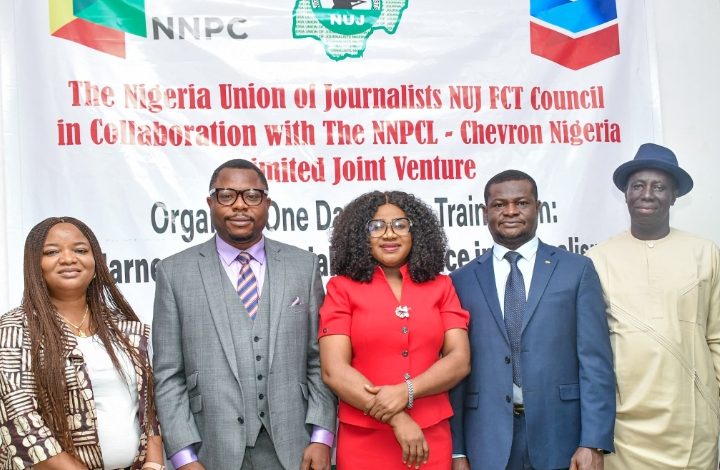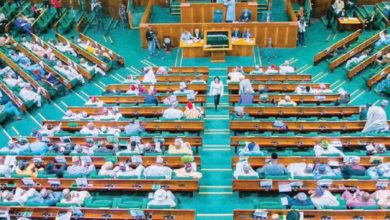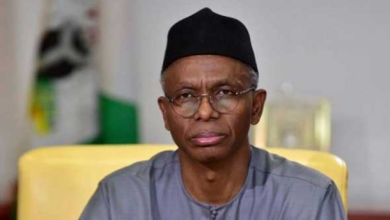News
Chevron, NUJ train journalists on AI for enhanced reportage

Chevron and the Nigeria Union of Journalists (NUJ) FCT chapter recently organised a training session for over 70 journalists in the Federal Capital Territory.
The training focused on leveraging Artificial Intelligence (AI) to improve reporting quality, enhance productivity, and combat misinformation.
General Manager, Policy, Government and Public Affairs, Chevron Nigeria Limited, Mr. Olusoga Oduselu, represented by Mr. Victor Anyaegbudike, stated that the one-day media training in Abuja aimed to enhance media practitioners’ skills.
He emphasised Chevron’s belief in human capital development, seeing it as the “engine room of any organization and society’s success,”.
The general manager stressed the media’s crucial role as agenda-setters and opinion molders.
Highlighting the success of previous training editions held between 2023 and 2024, Oduselu pledged Chevron’s ongoing partnership with the media, acknowledging their impactful role in reporting the oil and gas industry.
He mentioned CNL’s pioneering Advanced Writing and Reporting Skills (AWARES) program, which had benefited over 120 journalists since 2014, and reaffirmed the company’s commitment to building professional capacity and lasting partnerships.
Oduselu urged journalists to uphold ethical principles and make their mark in Nigeria’s development, noting Chevron’s support for Nigerian content development through employment and contract opportunities.
Grace Ike, Chairman of the NUJ FCT Council, urged journalists to embrace AI to enhance performance and productivity, recognising its widespread adoption by colleagues globally.
Commending Chevron for sponsoring the event, she emphasised that “AI is a powerful tool reshaping news gathering and delivery, enhancing data analysis, misinformation detection, and audience engagement.
Ike highlighted AI’s crucial role in fact-checking, verification, and personalising content, which boosted credibility and readership.
She also noted how AI tools efficiently transcribed interviews, saving journalists time for deeper analysis and storytelling.
The chairperson called on journalists to “embrace innovation boldly but responsibly” and uphold integrity to lead journalism’s transformation.
A resource person, Busola Ajibola, Deputy Director, Centre for Journalism Innovation and Development, urged journalists to be proactive in embracing trending innovations and technologies to improve their skills and knowledge.
Speaking on the topic, “Leveraging Artificial Intelligence to Enhance Journalism in Nigeria,” Ajibola warned that journalists who failed to leverage AI would find their jobs threatened.
Dr Emman Usman Shehu, Director, International Institute of Journalism (IIJ), represented by Dr Simon Musa Reef, discussed “Freedom of Information and Media Accountability.”
He tasked journalists to utilize the Freedom of Information Act (FOIA), which empowered them to hold public officials accountable, emphasizing a recent Supreme Court ruling extending its applicability to all tiers of government.
However, he also pointed out implementation challenges like limited awareness, official secrecy, harassment, and bureaucratic delays.
Dr. Lemmy Ughegbe addressed “Mental Health of Journalists in the Era of Social Media,” highlighting both the opportunities (faster news dissemination, direct engagement) and threats (harassment, misinformation, surveillance, identity theft) posed by social media.
He stressed that online attacks could cause significant psychological harm and that protecting journalists’ mental health was a professional responsibility, as their well-being was vital for public trust in journalism.



